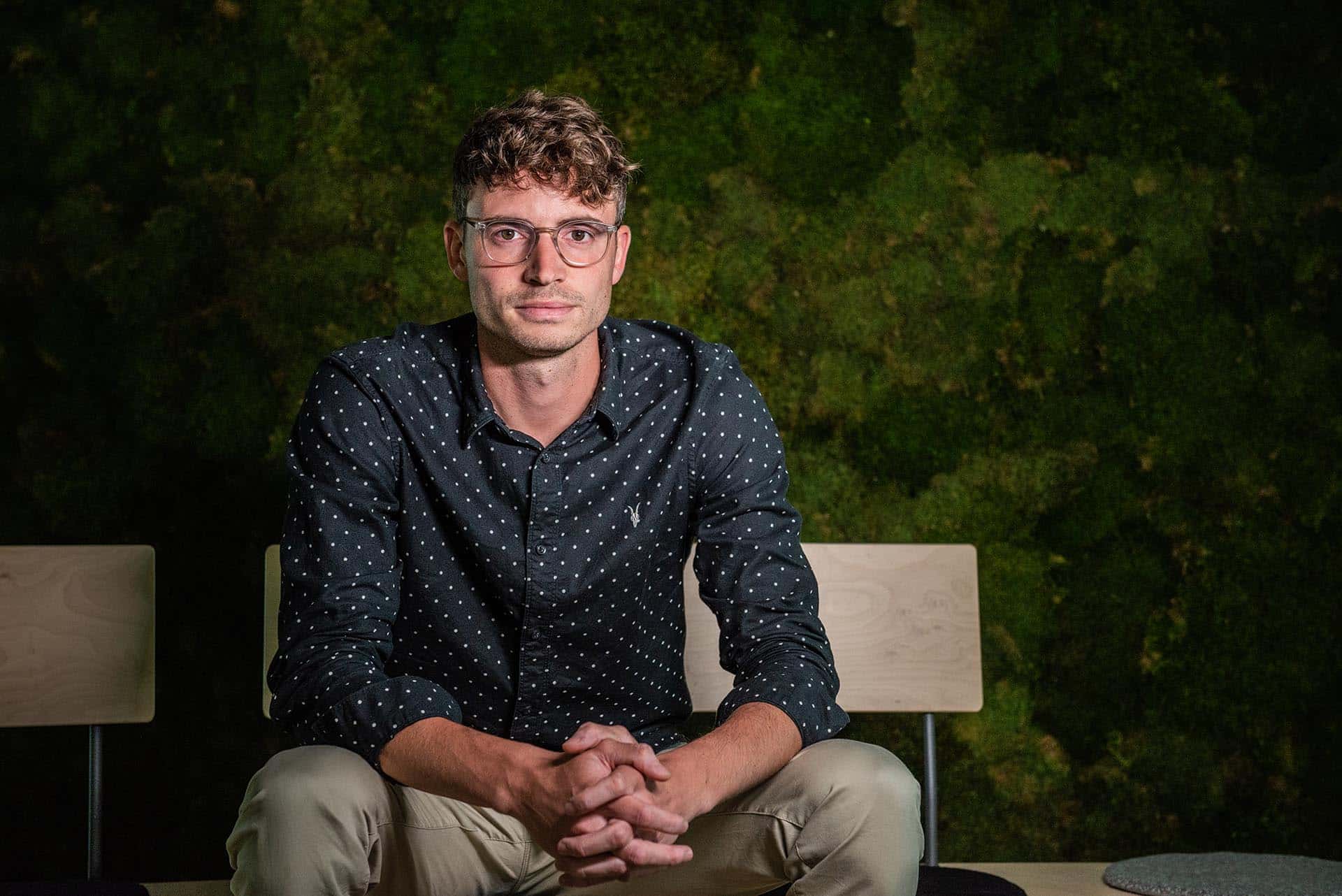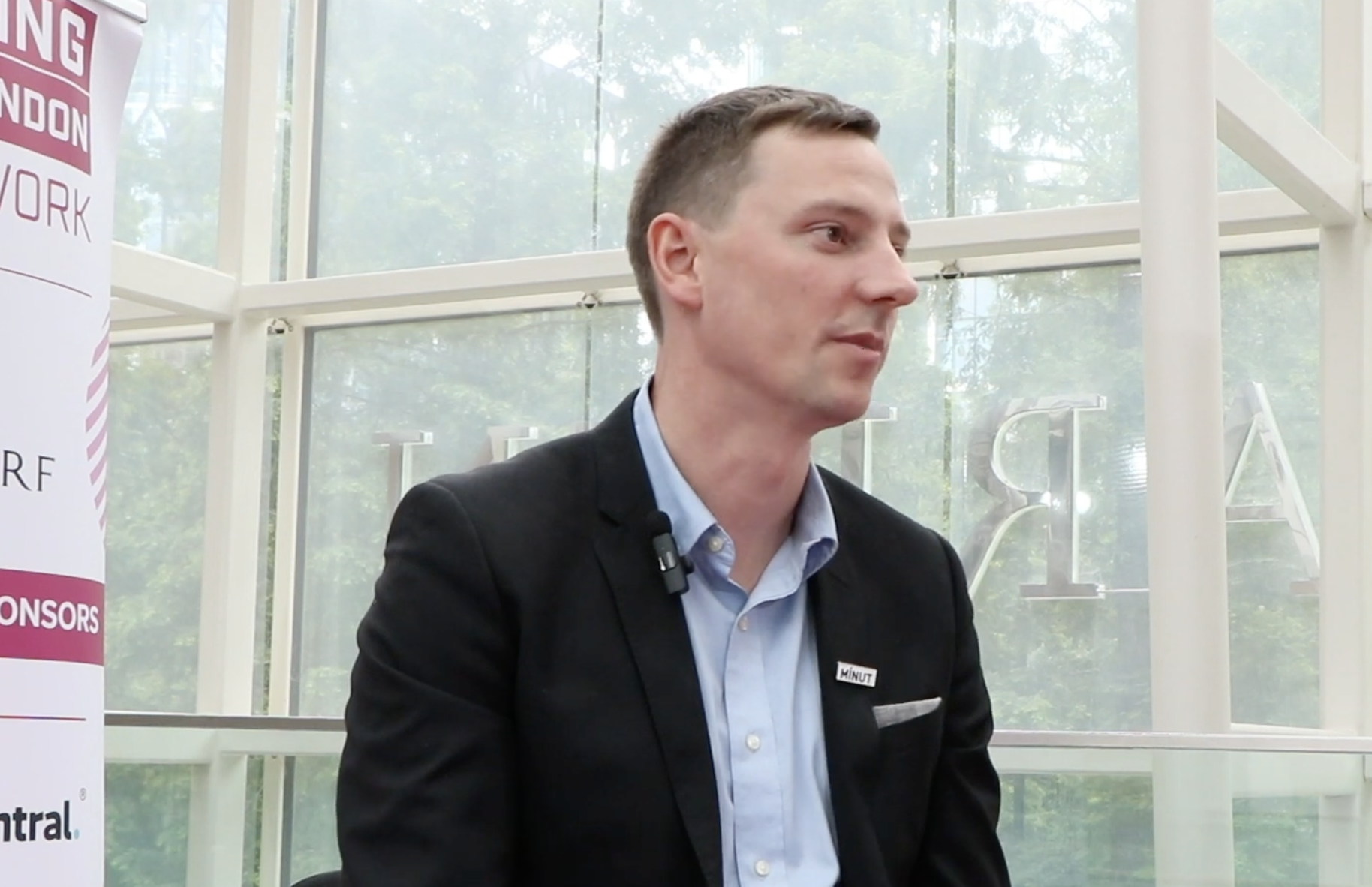Lavanda’s new VP of sales Benjamin McGee tells ULN about his career to date and the challenges that lie ahead.
Q: What initially attracted you to the opportunity at Lavanda? What made it stand out and capture your attention?
“The multifamily, student, co-living and hospitality sectors have evolved over the last decade to become increasingly tech-centric in their approach to optimising operational efficiencies, increasing rental yields and delivering exceptional resident experiences. As this has been happening, I’ve been watching from the sidelines as Lavanda has grown into a leading provider of flexible living solutions. I’ve been really impressed by the pace of innovation and the speed at which they’ve been able to open new markets and create value for customers around the world.”
“International expansion is a strategic priority for the business, and one that my personal experience lends itself towards. I felt I could add real value. It was an opportunity to work with a world class team spanning multiple continents, serving customers in prime markets all around the world, with a solution that directly addresses and solves for global supply and demand challenges.”
Q: What were you doing in your previous roles at RealPage and Kigo? What have been some of the challenges you’ve had to overcome, and how does your experience equip you for this role?
“Throughout my career, I’ve been fortunate enough to work on scaling some amazing businesses that have unique and innovative solutions for a fragmented customer marketplace. I started my “proptech” career with Kigo, a Barcelona-based startup that grew from being the vacation rental Industry’s first dedicated channel manager, to becoming a full property management suite offering marketing, payments, operations and accounting solutions.”
“One of those magic moments that I can always look back to as a catalyst for our early success was the moment we started involving our customers in the prioritisation of our roadmap and development of new software features and functionality. Initially this was a select but diverse group of customers that, by committee, helped provide invaluable feedback and shape decisions about the direction of our solutions. This customer-centric approach grew to become a series of annual international user conferences, and I always look back with great fondness and pride at how we were able to engage our customers and the industry to help solve the challenges they faced.”
“After the acquisition by RealPage in 2014, Kigo fell into the trusted hands of one of the largest real estate software and data analytics companies in the world. RealPage and their exceptional leadership helped me understand the ways in which a start-up ‘grows up and scales up’ whilst maintaining the prime directive of serving our customers and putting their needs first.”
Q: What gaps are there in the market, and have you already experienced this need first hand?
“When you look at real estate today – what’s being planned, approved, built and enjoying success in the market – you see a shift in the way assets are being marketed and positioned. Global demands are forcing investors, asset managers and operators to focus on changing consumer behaviours and the macro economic trends shaping housing and hospitality. Across every market we see a rise in increasingly blended strategies resulting from the convergence of traditional asset classes such as multifamily, student accommodation and hospitality. This has all led to the rapidly emerging and hugely exciting new category of flexible living.”
“Worlds are colliding; consumers are demanding more flexible, lifestyle-oriented, experiential products from an industry that’s not necessarily recognised for customer-centricity or for leading innovation. Amidst this backdrop, proptech providers must seize the moment – technology must not only power better customer experiences for coliving, student and multifamily operators – it must also empowers investors and owners to take advantage of short term, mid term and long term rental demand, profiting from markets they currently have no access or exposure to.”
Q: What is the role of customer experience in real estate, and how can it help with marketing inventory to renters more effectively?
“There are two types of marketing syndication we see in our industry; static and dynamic. Static syndication is more like your typical classified advertisement, where you are capturing lead information directly from an OTA/ILS to then engage with directly. Dynamic is where you are sending information in real time about your pricing, availability, listing content and communicating with customers through a deep integration between the PMS and the OTA/ILS. What you need are best in class dynamic integrations to the world’s largest short stay websites such as Airbnb and Booking.com but also the ability to reach another 400+ channels. Leasing journeys today are typically not as slick as they could be. It’s slow, there’s often a lot of back and forth – it can be easily confusing for both the applicant and the operator/landlord. Innovation is helping to improve and streamline this process whether you are a long term resident or a short stay guest.”
Q: What gives you confidence that you’re going to be successful in your new role?
“We’re increasingly seeing investors and developers design buildings with flexible living at the core of their strategy. This diversification and the ability to pivot if market conditions change, I think is really attractive for those looking to mitigate risk and capture revenue in new markets. Customers really understand the value of this, and that gives me huge confidence – but that’s just the tip of the iceberg…”
“A popular use of a short stay service is during the ‘lease up’ phase of a multifamily asset. It’s a proven concept that takes some of the stress and anxiety out of meeting occupancy and revenue performance deadlines. By partnering with an experienced provider you are bringing in proven experts to lead on how to effectively manage voids using short stay demand in line with your lease up strategy. It’s well known that student accommodation in the summer season makes a fantastic return as a short stay product. However, what I’ve witnessed from the operators I have spoken to is a strong appetite for a longer term ‘void fill’ strategy, and even a dedicated assignment of flexible rentals all year round within student buildings. Sometimes referred to as ‘guest suites’ students can offer friends and family the ability to stay close by without the need for expensive alternatives such as hotels.”
“Regional adaptability to local governance, tax, legal and regulatory compliance is complex for an operator that works in multiple locations internationally. Clients need a partner that takes all this pain away. I’ve been really impressed by the pace of innovation in the proptech world recently, and the speed at which companies have been able to open new markets and create value for customers around the world, I feel privileged to be a part of that.”








